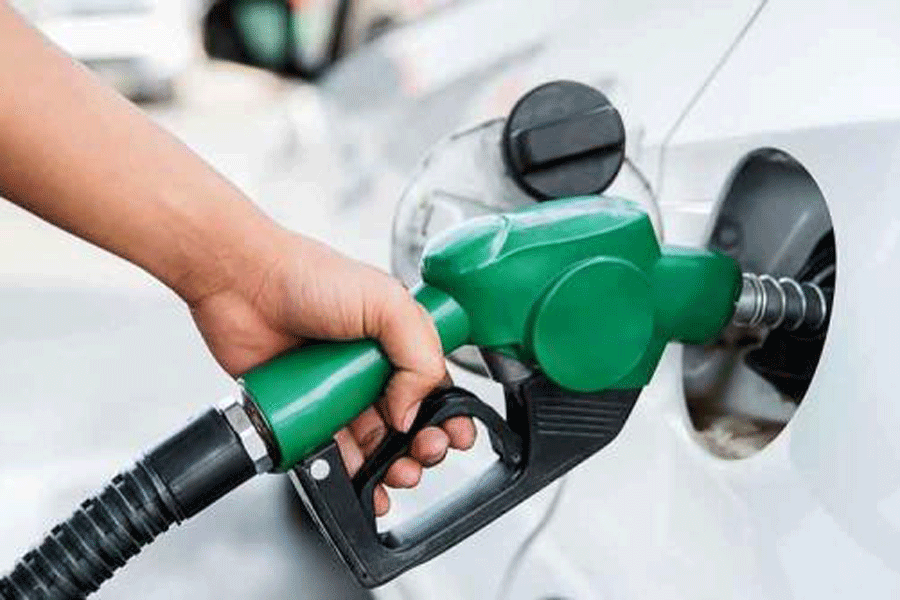The government has ruled out a cut in duties on petrol and diesel to tame inflationary pressure in the economy which has spiked to a 15-month high of 7.44 per cent in July.
Finance Ministry officials ruling out any talks of cut in duties on fuel at the moment, said the high vegetable prices were a seasonal phenomenon and the spike in inflation was transient.
However, industry watchers said the government could take steps like cutting the fuel duty before the announcement of the assembly polls to instil confidence that it is taking steps to tame inflation.
Finance Minister Nirmala Sitharaman had earlier this month blamed states governed by opposition parties for not reducing duties on fuel which has led to high inflation in those regions.
The duties on petrol and diesel were reduced by Rs 5 and Rs 10 per litre effective from November 4, 2021, and Rs 8 and Rs 6 per litre, respectively effective, from May 22, 2022, she said.
The rise in the headline print was mainly due to a surge in retail prices of vegetables, particularly tomato. In July, inflation in tomato was 201.54%, the highest in at least eight years.
Stating that the headline inflation is likely to rapidly cool off by September end, the official said the government is expecting the vegetable inflation to “come down rapidly” once supply improves.
Reserve Bank of India scaled up its inflation forecast for the current financial year by 30 basis points to 5.4%, assuming a normal monsoon.
“Going forward, the spike in vegetable prices, led by tomatoes, would exert sizeable upside pressures on the near-term headline inflation trajectory,” the RBI said in its third monetary policy statement for 2023-24 (Apr-Mar).










